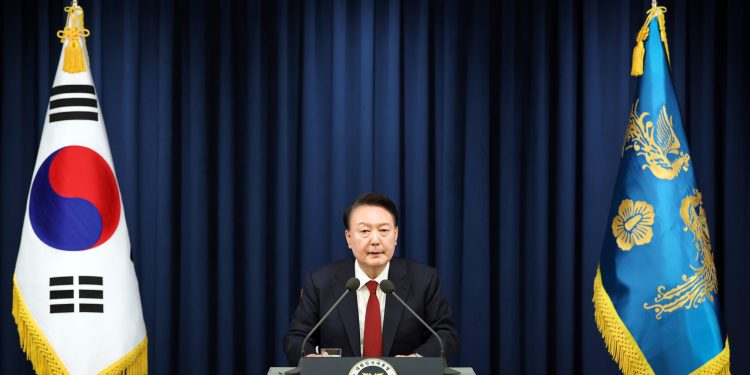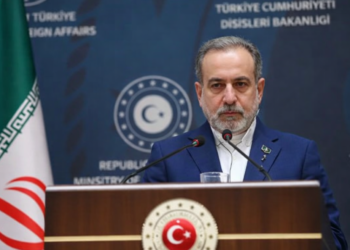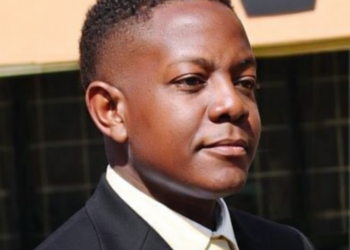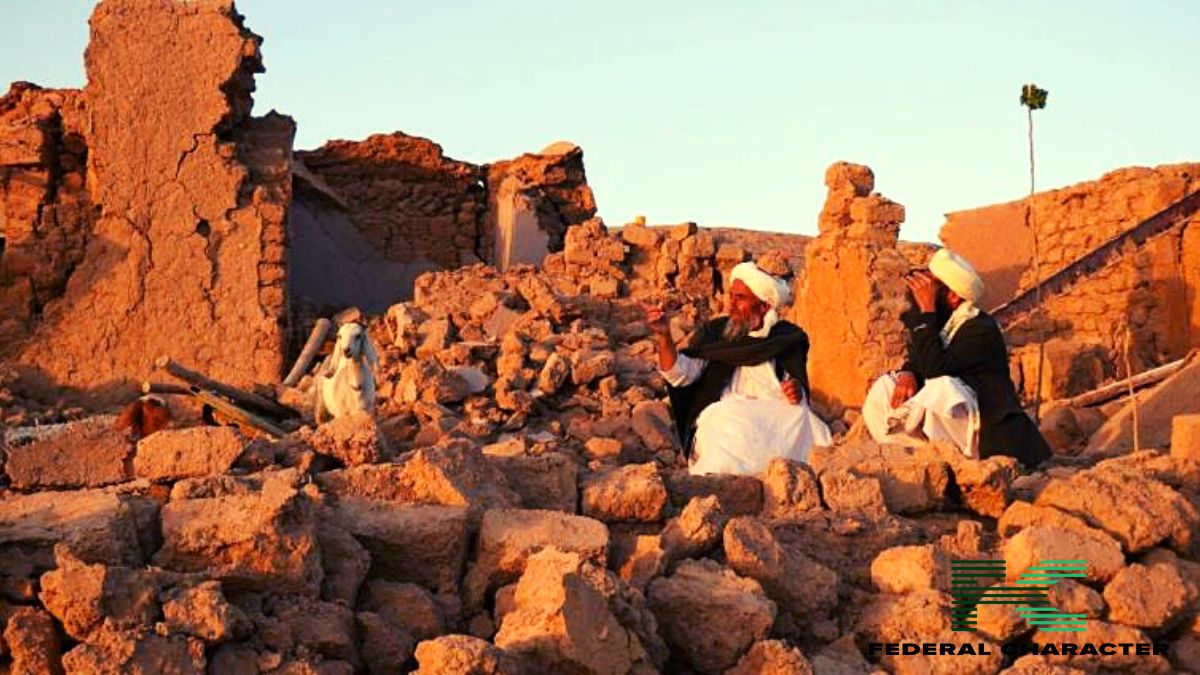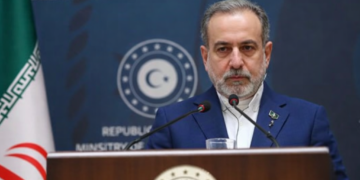Former South Korean President Yoon Suk Yeol appeared before Seoul Central District Court on Wednesday as prosecutors sought his detention over allegations of abusing presidential power during his controversial December martial law decree.
The special prosecution team argued the conservative leader committed obstruction of justice and presented a flight risk, while Yoon’s legal team denounced the probe as politically motivated ahead of the court’s expected Thursday decision.
Martial Law Controversy: From Impeachment to Criminal Trial
The hearing marks the latest development in a constitutional crisis that began when Yoon’s secret martial law plans surfaced in January, leading to his April impeachment and removal from office. Prosecutors allege the former president mobilized presidential guards to block his own arrest during the initial investigation – charges that could extend his existing criminal trial for insurrection, which carries potential life imprisonment under South Korea’s National Security Act.

Tensions flared outside the courthouse where 100 supporters braved 35°C (95°F) heat chanting pro-Yoon slogans, while riot police fortified the perimeter with bus barricades.
The scene mirrored the political fractures that have gripped South Korea since Yoon’s impeachment, with his conservative base viewing the prosecution as retaliation by President Lee Jae Myung’s liberal administration that took office in June.
Local media reports suggest prosecutors are investigating whether Yoon deliberately heightened tensions with North Korea to justify his martial law plans, potentially violating constitutional duties. The detention request cites concerns over witness interference, building on prior allegations that saw Yoon jailed for 52 days before his release on procedural grounds. A renewed arrest could accelerate the special counsel’s examination of these national security dimensions.
South Korea’s History of Prosecuting Ex-Presidents
Yoon joins four former South Korean leaders who have faced criminal proceedings since democratization, though his case uniquely involves martial law rather than corruption. Legal analysts note the insurrection charges echo the 1996 convictions of Chun Doo-hwan and Roh Tae-woo for their 1979 coup, setting potential precedent for severe punishment if prosecutors prove Yoon attempted to subvert democratic processes.
What Happens Next
Should the court approve detention, Yoon would return to Seoul Detention Center while prosecutors prepare formal indictments on the expanded charges. The decision’s timing (coinciding with August parliamentary sessions) threatens to reignite street protests from both conservative and liberal factions, further destabilizing Lee’s young administration as it contends with economic challenges and North Korean provocations.

